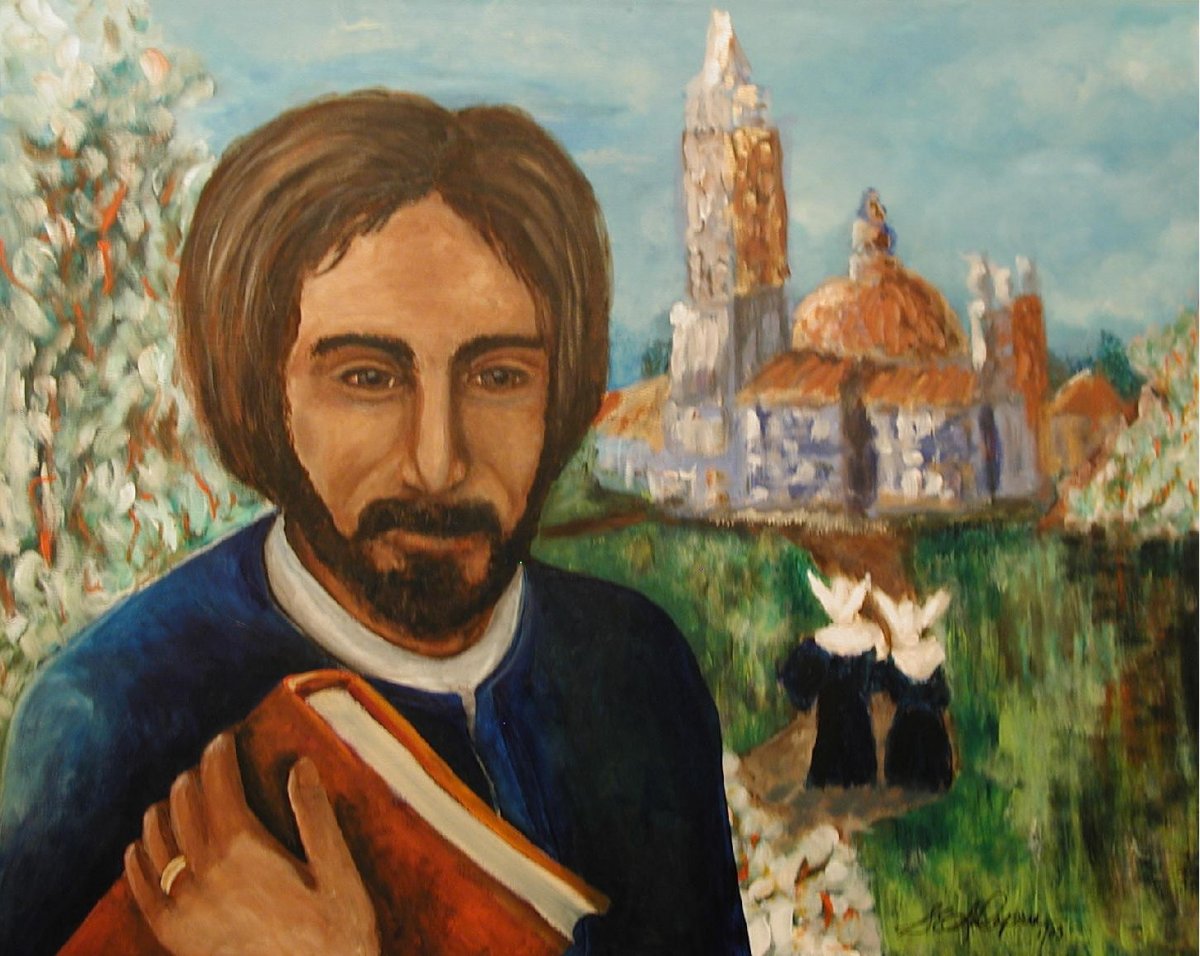
The Society was founded in 1833 by a group of students in Paris. They were challenged to serve the poor of the city and inspired by the example of St Vincent de Paul, they served the local population face to face, as part of their spiritual formation. In 1844 a group of men came together in London and started the first group in Britain.
Our History
St Vincent de Paul
Born in 1581 in Gascony, St Vincent de Paul studied for the priesthood and was ordained in 1600. In 1617, two events changed his life. After hearing the confession of a dying man he resolved to preach the Good News of Christ’s promised redemption, and later that year after appealing for help for a poor sick family he saw many local people bringing them aid. This inspired him to found the Ladies of Charity (AIC), who were devoted to-person-to person help. Many other Vincentian organisations followed.
St Vincent died in 1660 and was canonised in 1737.
1833 First Conference of St Vincent de Paul
The organisation started as a debating society, led by Blessed Frédéric Ozanam, called a Conference of History. Its members were committed Catholics who found themselves defending the Church against accusations of always backing the rich and powerful. Following taunts of “call yourselves Christians, what do you care about the poor” they realised the taunts had some validity. They resolved “there has been enough talk, it’s time for action” and went out into the streets and with the help of Sister Rosalie Rendu, a Daughter of Charity (a religious order founded by St Vincent de Paul and St Louise de Marillac) brought material assistance and listened to the needs of those in living in poverty.

Frédéric Ozanam died in 1853 and was beatified by Pope John Paul in 1997. We are most grateful to Sr. Ellen M. LaCapria, Daughter of Charity, for the use of her painting of Blessed Frédéric Ozanam above.
1844 First Conference in Britain
A friend of Frédéric Ozanam studying in Paris was George Wigley, who was born near Manchester but brought up in Boulogne after losing his parents. Wanting to start a Conference in England, Frederic advised him to write articles for magazines. Helped by Fr Ignatius Spencer CP, (Winston Churchill’s great uncle and great-great-great uncle to Diana, Princess of Wales) they published articles about the Society in The Tablet.
In January 1844, several Catholics met at the Sabloniere Hotel in London and agreed to form the first Conference in England. An inaugural meeting followed on February 12th.
Frederick Lucas, the Tablet’s editor, was elected President, but declined. Charles Pagliano, the owner of the Sabloniere, was then elected. By the end of 1844 four Conferences had been formed in London and they quickly spread beyond the capital. Today there are over 1000 Conferences in England and Wales with almost 10,000 members.